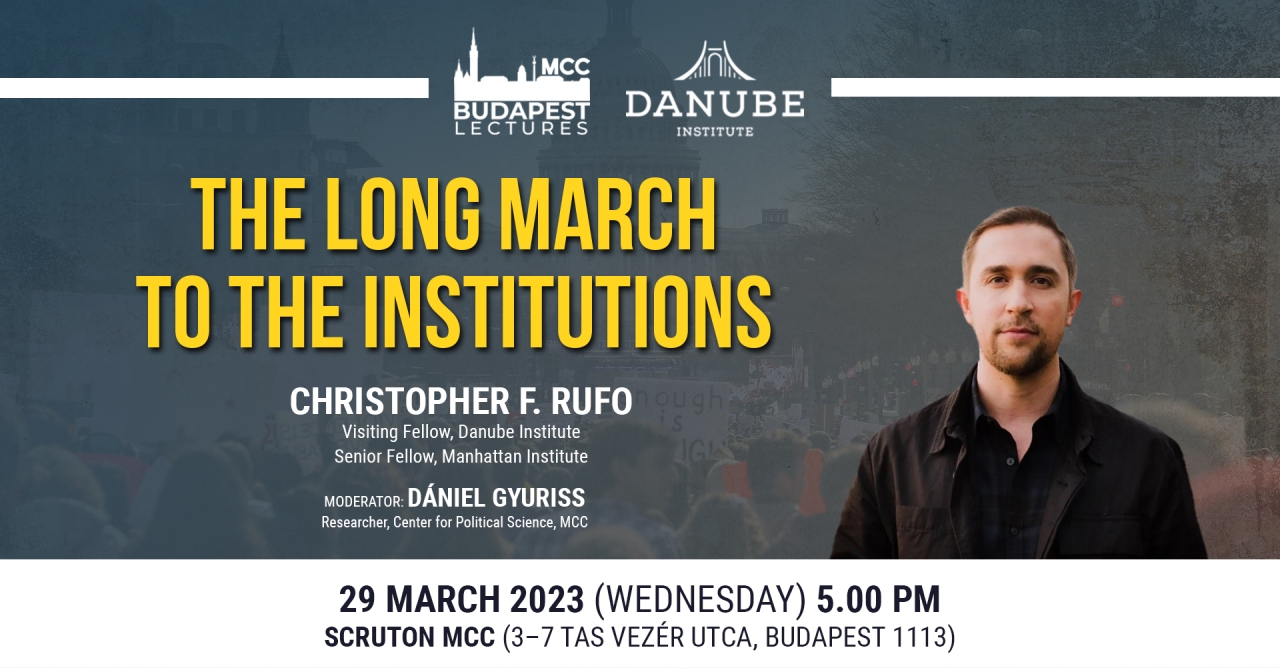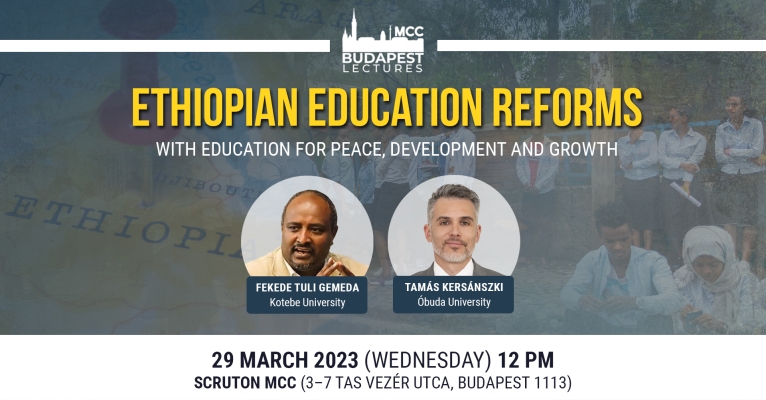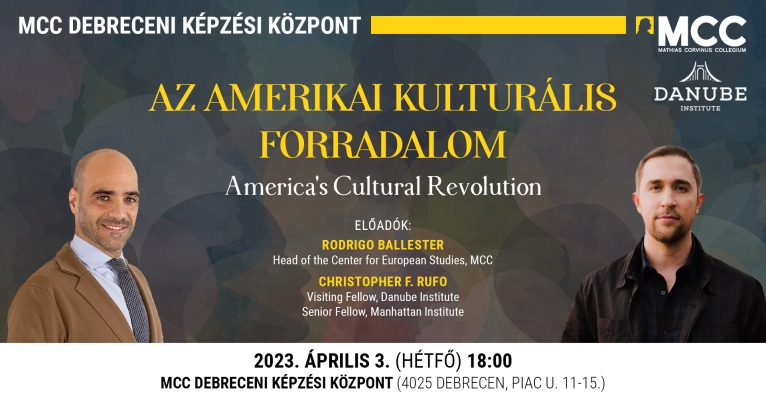The long march through institutions is considered to be the basis of understanding the modern left. The process can be traced back to the early 1970s when the left-wing radicals had to face difficulties in the United States and Europe as well. The left-wing intellectuals of the era needed to redevelop their strategy. What is the role of Herbert Marcuse (the godfather of the new left) and Rudi Dutschke (radical student) in the movement? How did the movement transit from radicalism to bureaucracy? What were the key factors of transmission and how did they contribute to the changes? Our distinguished guest, Mr. Christopher F. Rufo, a conservative activist and a visiting fellow of the Danube Institute will present a comprehensive overview of the long march through the institutions focusing on the United States. He will introduce new ideas to push back the long march and how can conservatives can contribute to the end of a long march.
Language: English
Program
5.45 PM Moderated discussion
- Christopher F. Rufo, Visiting Fellow, Danube Institute
- Moderator: Dániel Gyuriss, Researcher, Center for Political Science, MCC
5.45 – 6.00 PM Q&A
CHRISTOPHER F. RUFO is a senior fellow and director of the initiative on critical race theory at Manhattan Institute, a U. S. based think tank. In recent years, Christopher has led the fight against critical race theory in American institutions. His research and activism inspired a presidential order and legislation in 15 states, where he has worked closely with lawmakers to craft successful public policy.
DÁNIEL GYURISS: PhD student at the Corvinus University of Budapest, School of International Relations and Political Science. He holds a degree in political science and completed his bachelor and master studies at Corvinus University. Prior to obtaining his degree, he worked as an archaeological technician for the Hungarian National Museum in the field of heritage protection in connection with the construction of the M3 and M6 motorways. In addition to his university studies, he gained further work experience in the fuel industry, petroleum product storage and trading. His research in political science focuses on political image destruction, symbolism, memory politics and mass manipulation. His dissertation examines the destruction of sculptures of the Black Lives Matter movement in the US and the causes and consequences of the series of events. In her PhD programme at the MCC, he is researching war symbolism and symbolic appropriation of space in the context of the Ukrainian-Russian armed conflict.


